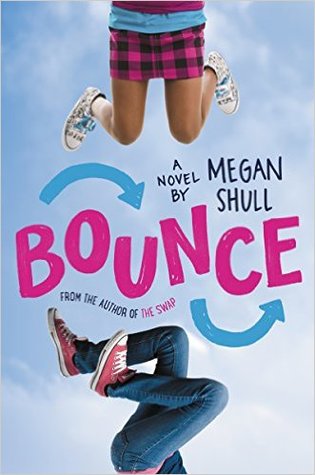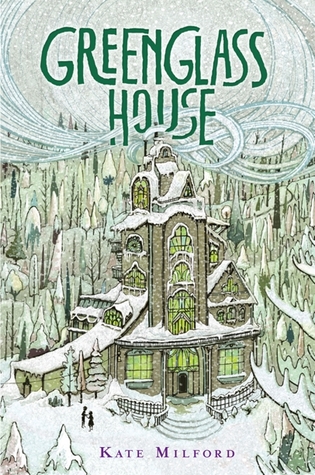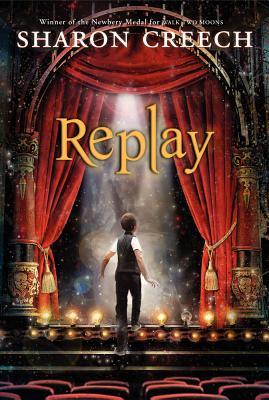
Title: The Night Diary
Author: Veera Hiranandani
Publisher: Dial Books for Young Readers, 2018. 264 pages
Source: Library
Publisher's Summary:
It's 1947, and India, newly independent of British rule, has been separated into two countries: Pakistan and India. The divide has created much tension between Hindus and Muslims, and hundreds of thousands are killed crossing borders.
Half-Muslim, half-Hindu twelve-year-old Nisha doesn't know where she belongs, or what her country is anymore. When Papa decides it's too dangerous to stay in what is now Pakistan, Nisha and her family become refugees and embark first by train but later on foot to reach her new home. The journey is long, difficult, and dangerous, and after losing her mother as a baby, Nisha can't imagine losing her homeland, too. But even if her country has been ripped apart, Nisha still believes in the possibility of putting herself back together.
My Review:
As is so often the case, I don't think much of the blurb for this one, compared to the actual story. That's neither here nor there, as the blurb was enough to get me interested, and the story was better and more interesting than it suggested.
Nisha's diary is her main voice. She's not physically unable to talk, but as I read it, so introverted that talking to much of anyone besides her twin brother is almost impossible for her. So a part of the story here is Nisha coming to grips with speech and silence--in a time when speech may be the far more dangerous choice. The book, realistically, doesn't give her a miracle cure. It just gives her a voice in the form of her diary.
The story, like many middle grade books, is at base about family. That's not to diminish the way in which it sheds light on a pretty awful moment in history (could the independence of India and the partition have been handled better? It certainly seems like it). It's a window for younger readers into an historical moment they may know little about. But in the end, the real question is who is family, and what constitutes family in a time when the government and many violent people are all saying that the answer to that question revolves around religion.
Nisha's family is transgressive from the beginning, because her parents married across religious lines, angering many on both sides of the family as well as creating a built-in danger in a time of growing intolerance. The creation of Pakistan made that worse, as it did for millions across what once was a single India. The journey Nisha and her family take is in search of safety, but each step is also a search for family, and in the end, that pull seems to be stronger than any lasting resentment for the marriage that crossed lines most thought should never be crossed.
Nisha may not find her voice by the end of the book, but she does find peace, and a sense that life can go on.
My Recommendation:
This is suitable for kids from about 10 or 11 up, as some of the scenes of violence might be disturbing to younger kids (and whatever age reads it, it would be worth having a conversation about what led to so much violence). Any reader will get a stronger sense of what those chaotic days were like, and the disruption to the country that followed independence.
FTC Disclosure: I checked The Night Diary out of my library, and received nothing from the writer or publisher for my honest review. The opinions expressed are my own and those of no one else. I am disclosing this in accordance with the Federal Trade Commission's 16 CFR, Part 255: "Guides Concerning the Use of Endorsements and Testimonials in Advertising."







